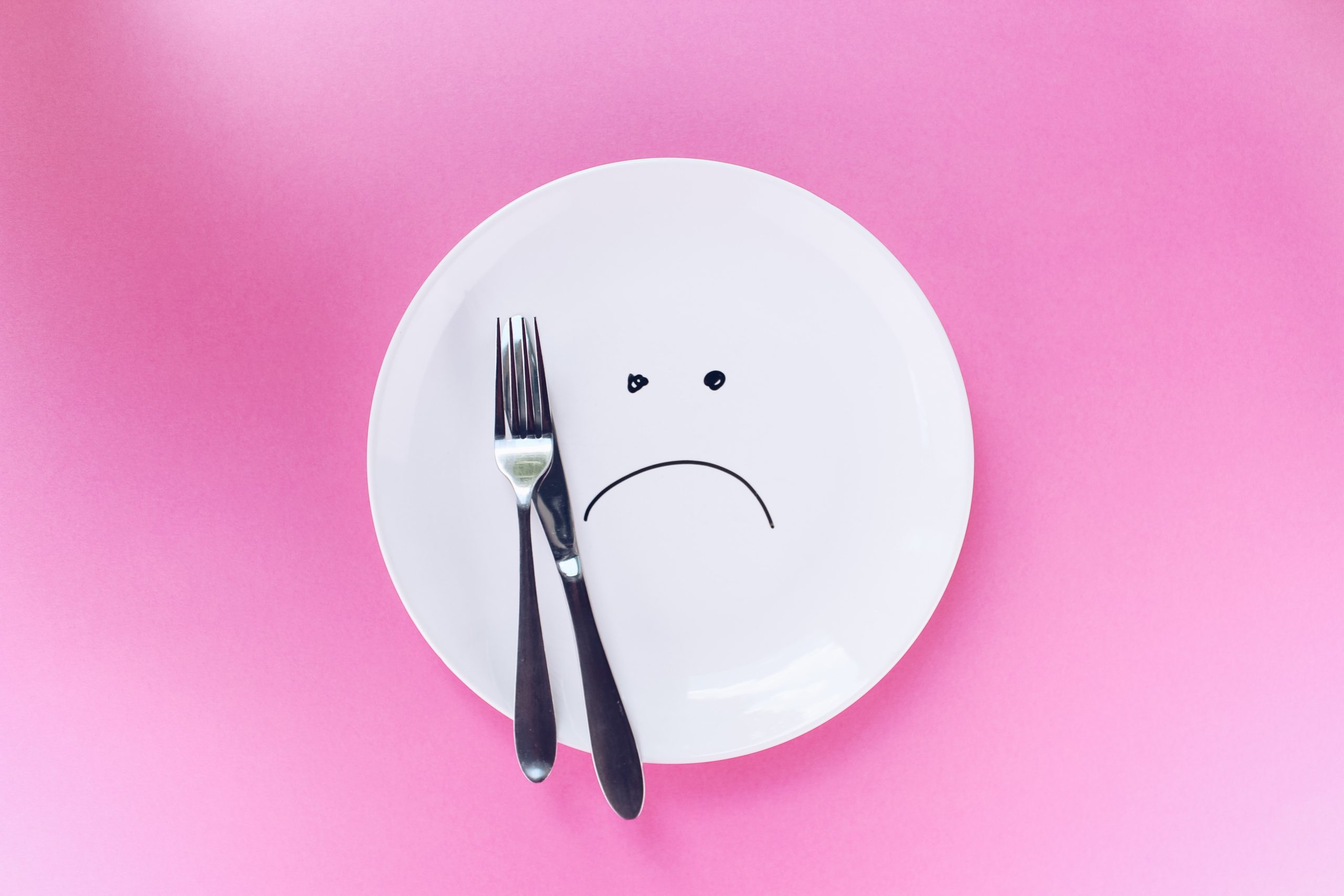Welcome to the ultimate food for thought blog post that will not only leave you drooling over delicious meals but also enhance your knowledge on how our diet affects the gut-brain connection. Did you know that what we eat can significantly impact our mood, cognitive function, and overall mental health? It’s true! The gut and brain are in constant communication with each other through a complex network known as the gut-brain axis. So grab a healthy snack, sit back, and let’s dive into this fascinating topic together!
The Gut-Brain Connection
The gut-brain connection is a growing field of research that explores how the gut microbiota, or collection of bacteria and other microorganisms, impacts both mental health and physical health. The gut-brain connection has been linked to conditions like anxiety, depression, autism, and chronic pain. The gut-brain connection is also thought to play a role in the development of neurodegenerative diseases, like Alzheimer’s disease and Parkinson’s disease.
One of the key players in the gut-brain connection is the gut microbiota. Our microbiome consists of all the bacteria and other microorganisms that live in our digestive system. Many people believe that our microbiome contributes to our overall health and well-being. Our microbiome helps regulate our immune system, helps us absorb nutrients from food, helps us break down food into usable energy, and more.
There are many ways that our microbiome impacts our mental health and physical health. For example, research has shown that there is a link between anxiety disorders and a low microbial diversity in the gut. Low microbial diversity is typically observed in people who have anxiety disorders. Studies have also shown that altering your gut microbiota can help improve symptoms of depression and anxiety disorders.
The gut-brain connection is still being studied extensively, but it seems clear that there is an intimate relationship between the gut microbiota and mental health. It’s exciting to think about all the possibilities this research opens up for improving mental health!
The Role of Diet in the Gut-Brain Connection
The gut-brain connection is a two-way street. The gut interacts with the brain to help us regulate our moods and digestive health. And the brain can affect how our guts function.
One way the gut-brain connection helps us regulate our moods is by controlling inflammation. In conditions like IBD (inflammatory bowel disease), Crohn’s disease, and ulcerative colitis, the gut becomes inflamed and damage can occur to the intestinal lining, leading to diarrhea, constipation, abdominal pain, and more. Inflammation is one of the roots of many psychiatric disorders like anxiety and depression.
In addition to regulating inflammation, diet can also play a role in influencing gut health. For example, diets high in sugar and processed foods can lead to increased levels of bad bacteria in your intestine which can create inflammation. Conversely, a healthy diet full of fiber, protein, and vegetables can help promote healthy intestinal flora that support digestion and immunity.
There are also ways that the gut-brain connection plays a role in digestive health. For example, research has shown that eating probiotic foods — like yogurt or kimchi — may improve symptoms such as constipation or diarrhea 2 . Additionally, a recent study3 found that people who ate a Mediterranean diet were more likely to have healthier guts than people who ate a Western diet. The Mediterranean diet is rich in fruits, vegetables, whole grains, legumes, and low-fat dairy products — all of which
The Relationship between Food and the Gut-Brain Connection
The gut-brain connection is an emerging field of study that has shown how diet can impact our mental and physical health. From boosting serotonin levels to reducing anxiety, food can have a profound effect on our gut bacteria and their interactions with the brain.
There are many different ways in which the gut-brain connection can work. For example, certain types of food can help to regulate serotonin levels, which can play a role in mood disorders such as depression. In addition, foods that are high in fiber can help to keep the gut clean and healthy, which in turn could improve mental health by promoting better digestive function.
Overall, the gut-brain connection is an exciting area of research that has the potential to improve our overall mental health and well-being.
The Effect of a Healthy Diet on the Gut-Brain Connection
Our gut microbiota, or the population of microbes that live in our intestines, can have a significant impact on our overall health. Our gut bacteria play an important role in the regulation of our immune system and digestion. They also communicate with the brain via the vagus nerve.
A healthy diet can support a healthy gut microbiota by providing fiber, vitamins, minerals, and antioxidants. Foods that are high in fiber are especially beneficial for maintaining a healthy gut microbiota because they help to feed the good bacteria while discouraging the bad ones.
Good gut bacteria can also help to promote weight loss and prevent chronic diseases such as obesity and diabetes. In fact, studies have shown that people who eat a healthy diet rich in fiber and fruits and vegetables are less likely to develop type 2 diabetes or heart disease than those who don’t eat these types of foods.
One way to support a healthy gut microbiota is to consume probiotic supplements. Probiotic supplements contain strains of good bacteria that can help improve your digestion and protect against harmful pathogens.
Conclusion
As we’ve learned in this food for thought article, the gut-brain connection is an important one. It’s been shown time and time again that what we eat affects our mood, energy levels, and overall health – not to mention, our cognitive function. What we put into our mouths matters – whether it’s the nutrients found in food or the toxins we expose ourselves to. So if you want to live a healthier life with improved mental clarity (and no chronic illnesses!), make sure your diet reflects that!




